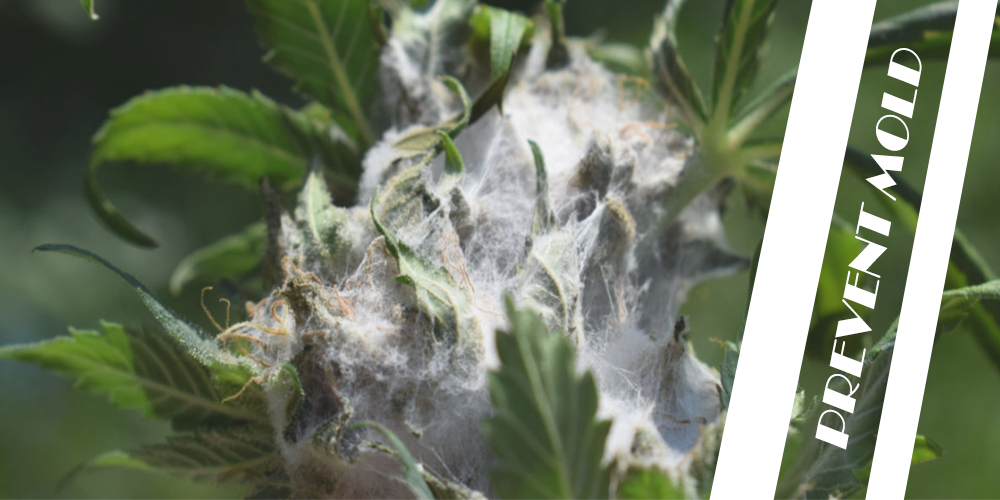Curing moldy weed is not recommended, as mold can pose serious health risks. Consuming or smoking moldy cannabis can lead to respiratory issues, allergic reactions, and other health problems. However, if you suspect mold on your cannabis, here are some steps you should take:

Identifying Moldy Weed:
1. Visual Inspection: Look for white, gray, or black fuzzy spots on the buds.
2. Smell Test: Moldy weed often has a musty or mildewy smell.
3. Texture: Moldy cannabis may feel damp or sticky to the touch.
Steps to Take if You Discover Moldy Weed:
1. Stop Using It: Do not consume or smoke moldy cannabis. Mold spores can be harmful when inhaled.
2. Dispose of It Safely: The best course of action is to dispose of moldy weed to prevent health risks.
- Trash Disposal: Place the moldy weed in a sealed plastic bag and dispose of it in the trash.
- Avoid Composting: Do not compost moldy cannabis, as it can spread mold spores.
Prevention Tips for Future Cannabis Storage:
1. Proper Drying: Ensure cannabis is thoroughly dried before storage. Moisture content should be around 10-12%.
2. Controlled Humidity: Store cannabis in a cool, dry place with relative humidity between 55-62%. Use a dehumidifier for drying room if needed.
3. Proper Containers: Use airtight, UV-resistant glass jars for storage. Avoid plastic bags and containers.
4. Regular Inspection: Check stored cannabis periodically for signs of mold or mildew.
5. Good Airflow: Ensure good airflow during the curing process to prevent moisture buildup.
Alternative Use (Not Recommended for Consumption):
If you want to salvage moldy cannabis, consider using it for non-consumable purposes such as:
- Composting (with caution): Only if you are sure it won't affect other plants.
- Topicals: If you can extract cannabinoids without mold spores, you might make non-inhalable products like creams, but this is still risky.
Health Risks:
- Respiratory Issues: Inhaling mold spores can cause respiratory infections, especially in individuals with weakened immune systems.
- Allergic Reactions: Mold can trigger allergic reactions, including sneezing, coughing, and skin irritation.
- Mycotoxins: Some molds produce mycotoxins, which can be harmful or toxic when ingested.
It's always best to err on the side of caution and dispose of moldy weed to protect your health. Invest in proper storage and drying techniques to prevent mold growth in the future.
Post time: Jul-31-2024

